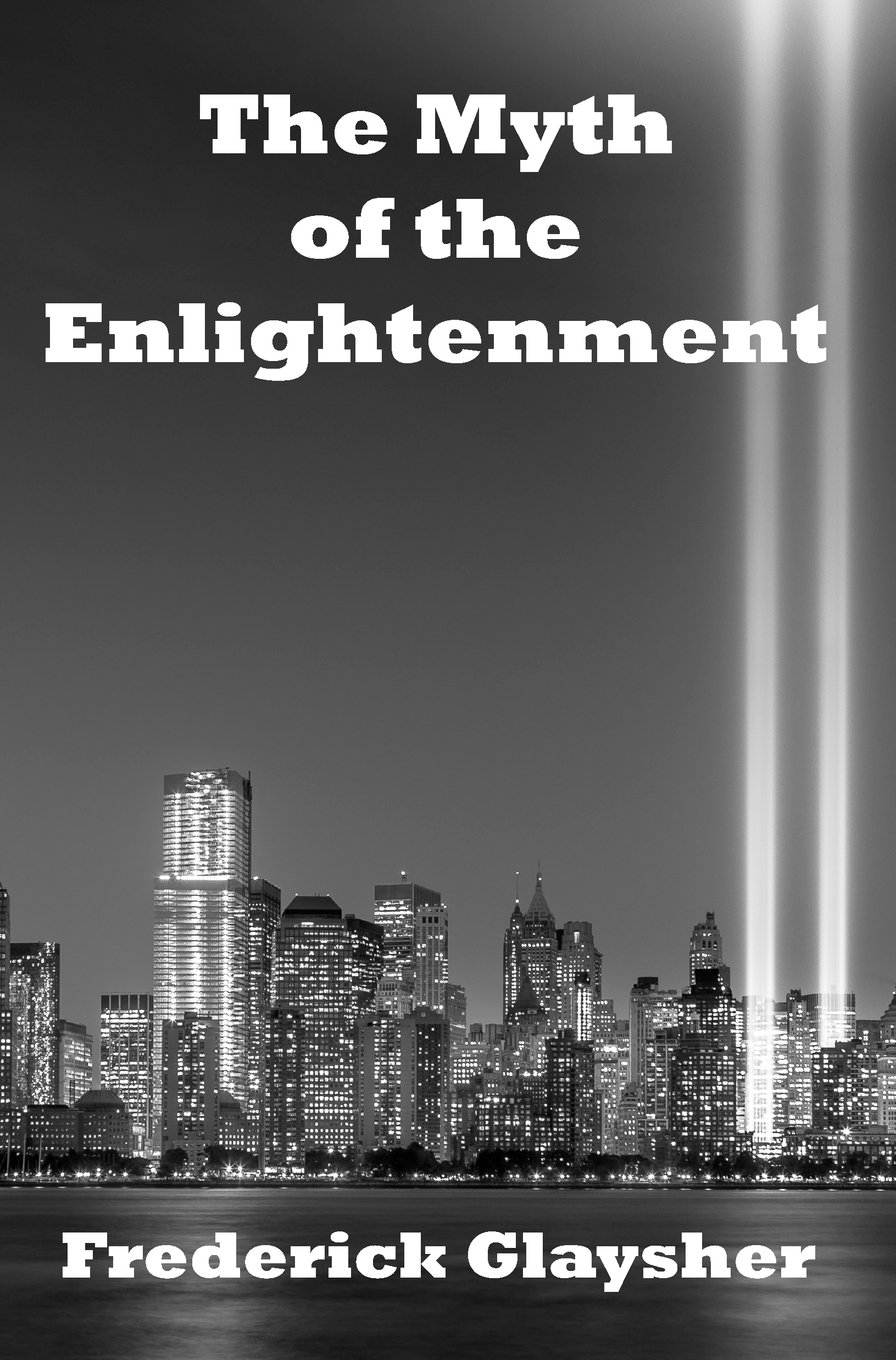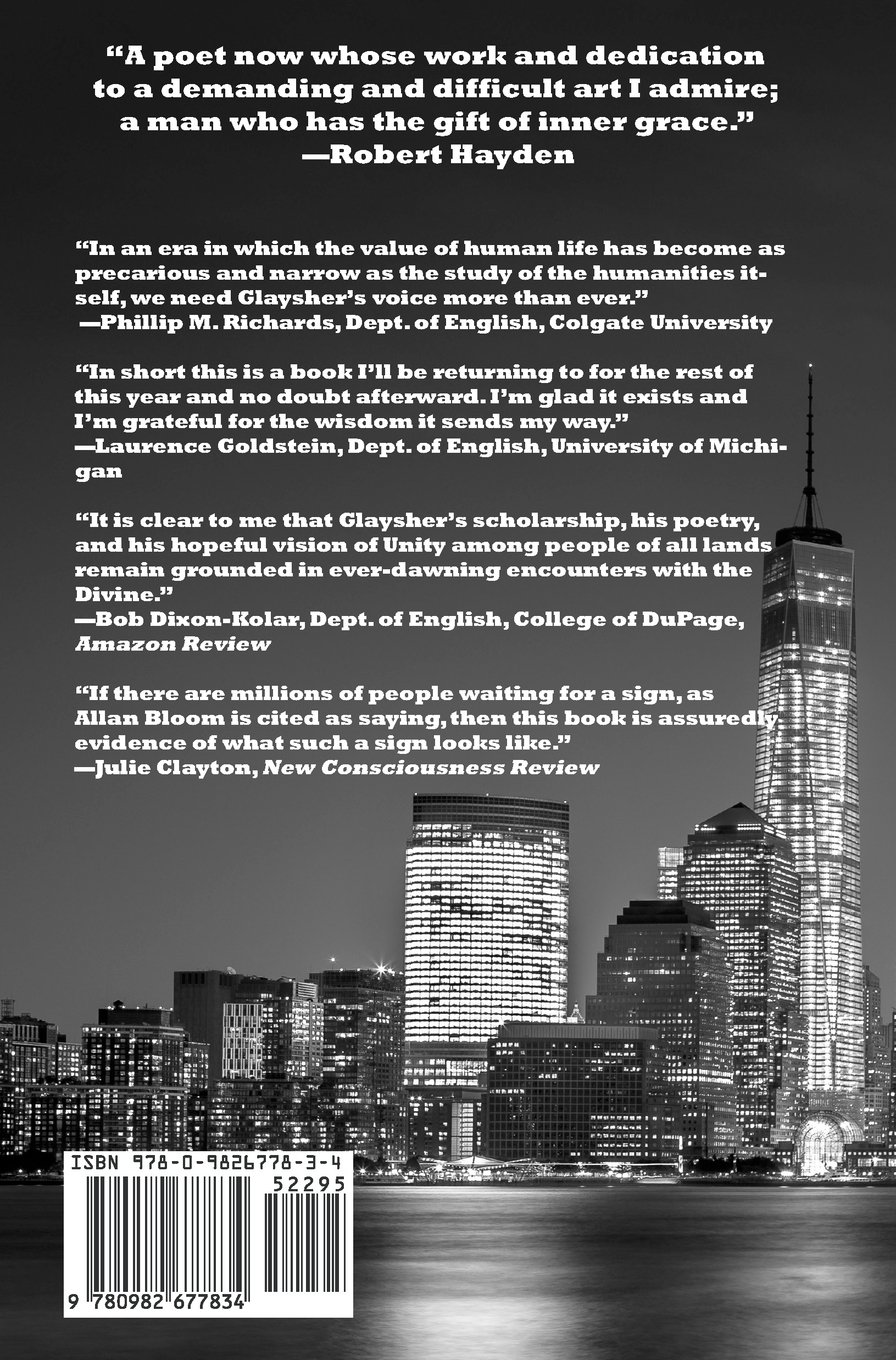Customer Services
Copyright © 2025 Desertcart Holdings Limited



Full description not available
P**R
I'm biased.
I intensely disliked this book.
J**N
Brilliant and Hopeful Vision for Humanity
This is a marvelous book of eloquent essays by Frederick Glaysher, one that honors the old literary masters, East and West, while exploring the deepest corners of spirituality and its implication for ameliorating the conditions of modern humanity. Reading each essay, whether it be Rabindranath Tagore, Saul Bellow, Tolstoy, or Robert Hayden, as examples, feels like entering into the secret chambers of the writer’s consciousness struggling “with what is universal in the human being”—struggling to express the universality of the human spirit.“Now more than ever, after centuries of falling down into the bottomless pit of nihilism, the world needs to recover the vision of universality, what the great religions and people of various centuries and cultures have in common. For all too long, humanity has obsessed with what distinguishes and separates, what divides people from one another, setting up our little racial, nationalistic gods and idols….Universality embraces all persuasions and transcends them. That is the great challenge.”This quest is, as Glaysher clearly reveals, the never ceasing search for creative unity to which he and many others have given over their life, through their thoughts, words, and actions. The essays in this book aim for the author’s highest vision; that is, an attempt to “embody and represent the fullness of human reflection,” an inclination intended not just for academics, but a voice for all, and one that speaks to our time. And to that end, Glaysher has allowed himself to draw “from the soil of literature and culture whatever they need to produce and sustain their fruit.” In talking about his relationship with Robert Hayden, Glaysher tells us, “his own poetry had worked its way deep in to my consciousness.” I cannot think of a better way to describe how this book impresses itself on the reader; if there are millions of people waiting for a sign, as Allan Bloom is cited as saying, then this book is assuredly evidence of what such a sign looks like.
C**S
Vanity Project (and not a good one)
Way below average. I'd have given it negative stars if I could. This is just more wasted paper from a vanity press. And much like a vanity book every quoted endorsement or advertisement was paid for by the author, none of them are accurate.
T**R
Gobbledegook from a contentious complainer.
Gobbledegook.
R**N
when “the world grew clearer” and he “discovered that it was nothing like what [he] had thought or imagined it to be
Frederick Glaysher, in "The Poet’s Religion of Rabindranath Tagore,” an essay from his book The Myth of Enlightenment, mentions his poem The Dawn of a New Day, which describes his spiritual awakening, when “the world grew clearer” and he “discovered that it was nothing like what [he] had thought or imagined it to be.” As powerful and beneficent as that experience was, it set Glaysher upon a singular and even a lonely path: Who around him felt what he felt, saw what he saw? That is what made his communion with Tagore--through his poetry, essays and reminiscences—so encouraging and welcome. Tagore, the great Bengali poet and social reformer, had had his own transformative awakening; and, consequently, he daily surrendered himself to the Lord of Life, his Jivan Devata. That devotion freed him spiritually and artistically, while at the same time it guided his service in behalf of humanity.It is clear to me that Glaysher’s scholarship, his poetry, and his hopeful vision of Unity among people of all lands remain grounded in ever-dawning encounters with the Divine.
Trustpilot
1 week ago
2 days ago